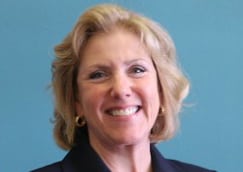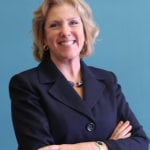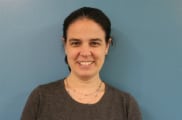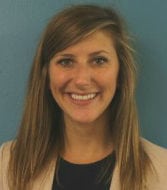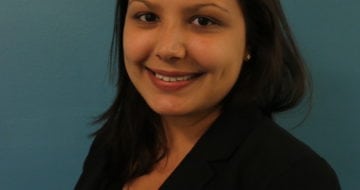In January, I was able to attend the annual meeting of the Statewide Afterschool Networks in Dallas. For those of you who are unfamiliar with the Statewide Afterschool Networks or SANs, there are currently 48 (soon to be 50, hopefully) networks that foster partnerships and policies within their state to develop, support, and sustain quality afterschool and summer learning opportunities for children and youth. With great vision from the C. S. Mott Foundation which seeded the creation of these networks, the SANS have raised awareness about the impact of afterschool programs on student success; partnered with champions to highlight the importance of afterschool programs; gathered, analyzed, and shared data to drive improvements in afterschool programs and policy; and established and strengthened structures and principles for effective afterschool programming.
The focus of this year’s convening was to explore how afterschool and summer learning can support the college and career readiness of youth. Young people need to develop a wide range of skills to be successful in today’s society and economy, including academic, social and emotional skills, personal resources, technical skills, and employer-desired skills. Most schools are not designed to help youth develop all of these types of skills; that is where afterschool and summer learning programs come in.
In another blog, I highlighted how afterschool and summer learning programs prepare students for college and careers. In this blog, I want to follow up by describing a few programs that help students learn more about college and careers, plan for them, and develop skills that will help them be successful. This information is drawn from an article we wrote for the 2013 compendium, Expanding Minds and Opportunities: Leveraging the Power of Afterschool and Summer Learning for Student Success.
Upward Bound Math Science is a federally-funded college access program that focuses on success in college in a STEM area. Upward Bound offers both school-year and summer programs. The six-week summer program includes an intensive focus on math and science instruction and exposure to life in college, including living in a college dorm. The program prepares low-income students for college entrance exams, provides information on postsecondary opportunities, and helps students complete college applications and better understand financial aid opportunities.
Citizen Schools, begun in Massachusetts, and now implemented around the country, partners with middle schools to provide structured expanded learning for educational enrichment, career exposure, and high school and college preparation to students in grades 6-8. Funded in part with 21st Century Community Learning Center funds, Citizen Schools incorporates academic support, youth apprenticeships with adult volunteers in a variety of fields, and a community explorations curriculum. Students build skills such as communication, collaboration, data analysis, and problem solving.
The Youth Astronomy Apprenticeship Program, in Cambridge, MA, collaborates with MIT, Smithsonian Astrophysical Observatory, and local afterschool providers to foster science learning among urban teens and prepares them for professional opportunities. There is a summer apprenticeship component, during which students are paid and work with scientists and science educators from MIT and Harvard. They then become tutors and trainers of younger youth in community and afterschool programs.
The Starfish Initiative in Indiana is a nonprofit that provides four years of individual mentoring support to promising low-income students in the non-school hours. The program serves high school students through community-based programming that includes one-on-one college coach mentoring that is relationship-based, and it offers college information, cultural and social experiences, career exposure, life skills, personal development, and civic engagement opportunities. All participants are low-income, and two-thirds are first-generation college goers.
After School Matters (ASM) provides project-based apprenticeship opportunities for Chicago public high school students through a network of public-private partnerships that enables students to gain valuable career exposure and skill development. ASM currently provides 22,000 apprenticeship opportunities per year in the areas of the arts, science, sports, technology, and communications. ASM relies heavily on engaging skilled professionals as instructors who support teens’ growth and development in an intentional and meaningful way.
All of these programs work with youth in the non-school hours to help them learn about college and careers. Each afterschool and summer program has an individual approach, and each addresses college and career readiness in their own special and unique way. These examples show that afterschool and summer learning programs can help youth develop a wide range of skills, in lots of varied settings – there is no one way to do this work. We know that lots of afterschool and summer learning programs are providing similar services, but perhaps without the same intentional focus.
Young people need a lot of help navigating the road from middle school to high school to postsecondary education to a career. And it’s a confusing and difficult path for many students. Afterschool and summer programs have amazing power to help youth on their journey, to expose them to new worlds and experiences, to give them hands-on opportunities to build their skills and test themselves, to guide and counsel them along the way, and to connect them with caring adult mentors. We need to enlist all of our afterschool and summer learning colleagues in this effort.
Betsy Brand is the Executive Director of the American Youth Policy Forum


